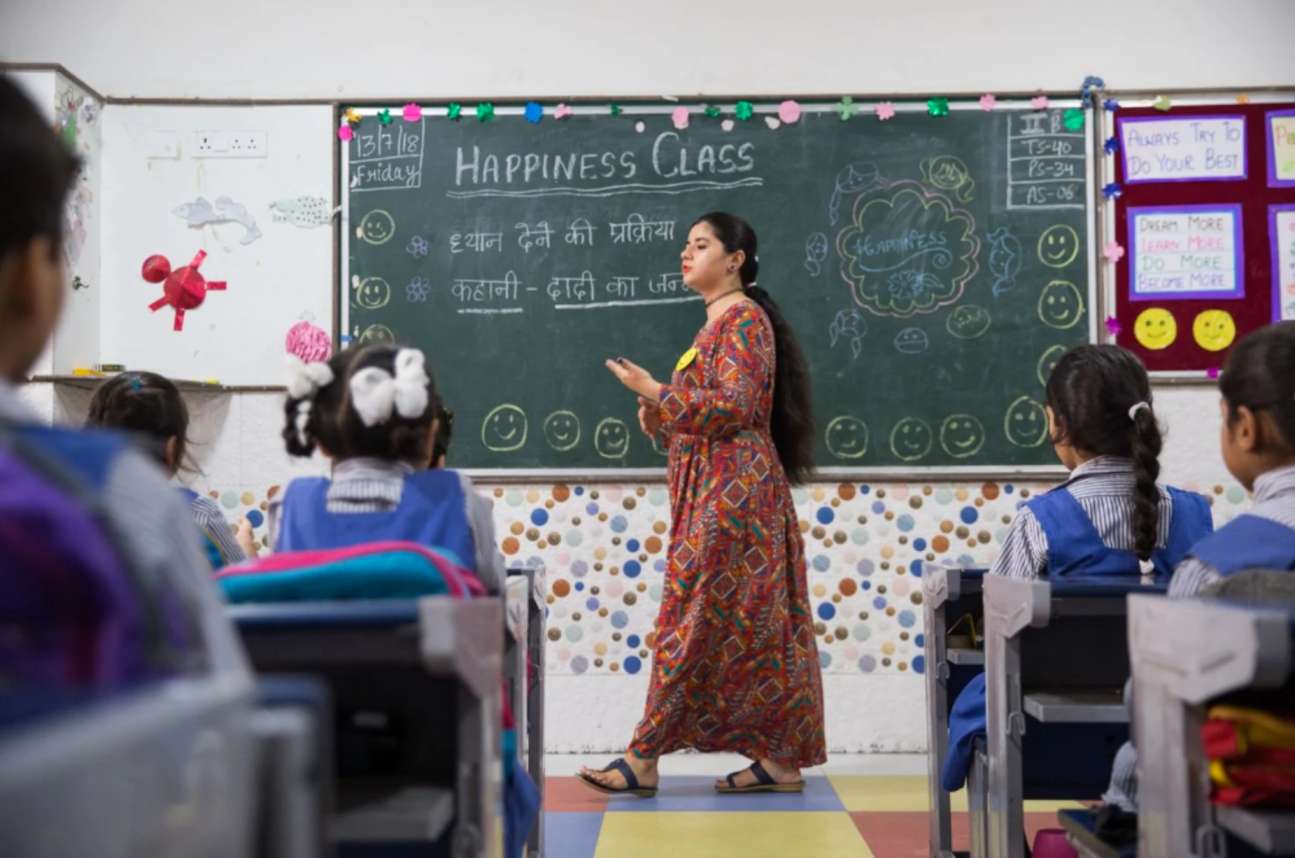Gerry Arathoon explains what NEP 2020 really signifies for students in India


In the ever-evolving career landscape, education holds prime importance in shaping the minds of a nation’s youth. The changing times call for an education system that molds young minds into critical thinkers and adept problem solvers. India holds a leading place in the global education landscape and has been nurturing millions for centuries.
The National Education Policy (NEP), sanctioned in 2020, is laying the groundwork for progressive transformation to meet the demands of the 21st century. It is not just about altering the curriculum but empowering students for a brighter future.
India's education sector is undergoing a major transformation through the NEP as part of the Education 4.0 movement, which prioritises inclusive and job-oriented learning, focusing on high-quality vocational education. NEP has introduced a shift from rote memorisation and high-stakes exams to a holistic and continuous assessment system. It fosters in-depth comprehension of knowledge and its practical application. The education system’s focus is now on critical thinking, problem-solving, creativity, and interdisciplinary skills.
The primary focus of NEP is providing students with a well-rounded education that goes beyond academics through a multidisciplinary approach. It plays a crucial role in students’ physical, mental, and emotional well-being alongside intellectual growth. These qualities are crucial for building harmonious societies and nurturing effective leaders.
The multidisciplinary approach also enables students to excel in rapidly changing fields. It includes inculcating experiential and holistic teaching methods, subject integration, and inquiry-based learning for enjoyable learning experiences. It's a pivotal step in reshaping higher education to boost interdisciplinary studies, research, and global competitiveness.
Additionally, the policy encourages students to choose subjects from various disciplines, promoting vocational education and skills training. This equips them with enhanced employability skills and empowers them to impact the economy positively.
Early childhood education (ages 3 to 8) is crucial as it forms the foundation for future learning, and NEP has recognised this. It advocates introducing vocational exposure in middle and secondary school years and integrating high-quality vocational education into higher education. It ensures every student gains proficiency in one vocation and exposure to others. It also promotes the value of diverse work, especially Indian arts and craftsmanship.
The policy also emphasises India’s language diversity and supports multilingualism. It suggests teaching students in their mother tongue or local language up to at least Grade 5. It preserves cultural identities and enhances understanding and learning.
With new-age technologies like artificial intelligence(AI), machine learning (ML), robotics, etc., becoming crucial, we must ensure our students are well-equipped. Through NEP, the Indian government is working towards preparing students for excelling across industries, including education, banking, hospitality, fast-moving consumer goods (FMCG), etc. Earlier schools taught the basics of computer science and coding. The policy encourages schools to teach students futuristic technologies like robotics and AI, among others, for better career prospects.
Most importantly, the NEP recognises the importance of teacher training and professional development to enhance the quality of education delivery. It is crucial to enhance the learning environment for Indian youth. The policy envisions a cadre of skilled and motivated educators who can inspire and guide students toward excellence.
The NEP doesn't just focus on pedagogy; it also aims to reform how educational institutions are governed and funded. The policy encourages better decision-making and innovation that nurtures growth and progress by providing greater autonomy and accountability.
Overall, NEP marks a progressive era for education, preparing individuals with skills and adaptability for a changing world. It aligns with India's goal to achieve the Sustainable Development Agenda's 4th goal by 2030 - inclusive, equitable, and quality education for all. The policy supports holistic education, flexibility, vocational training, and technology integration, enabling students to pursue lifelong learning and successful careers.
About The Author
Mr. Gerry Arathoon, Chief Executive & Secretary of Council for the Indian School Certificate Examinations (CISCE).